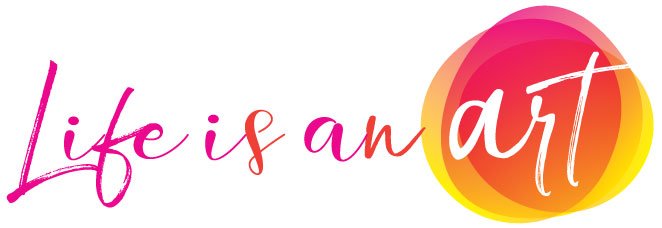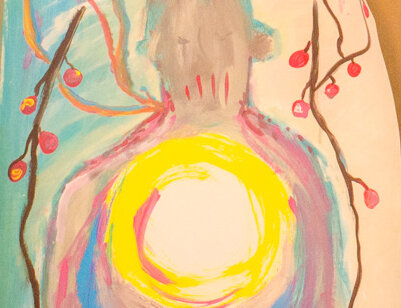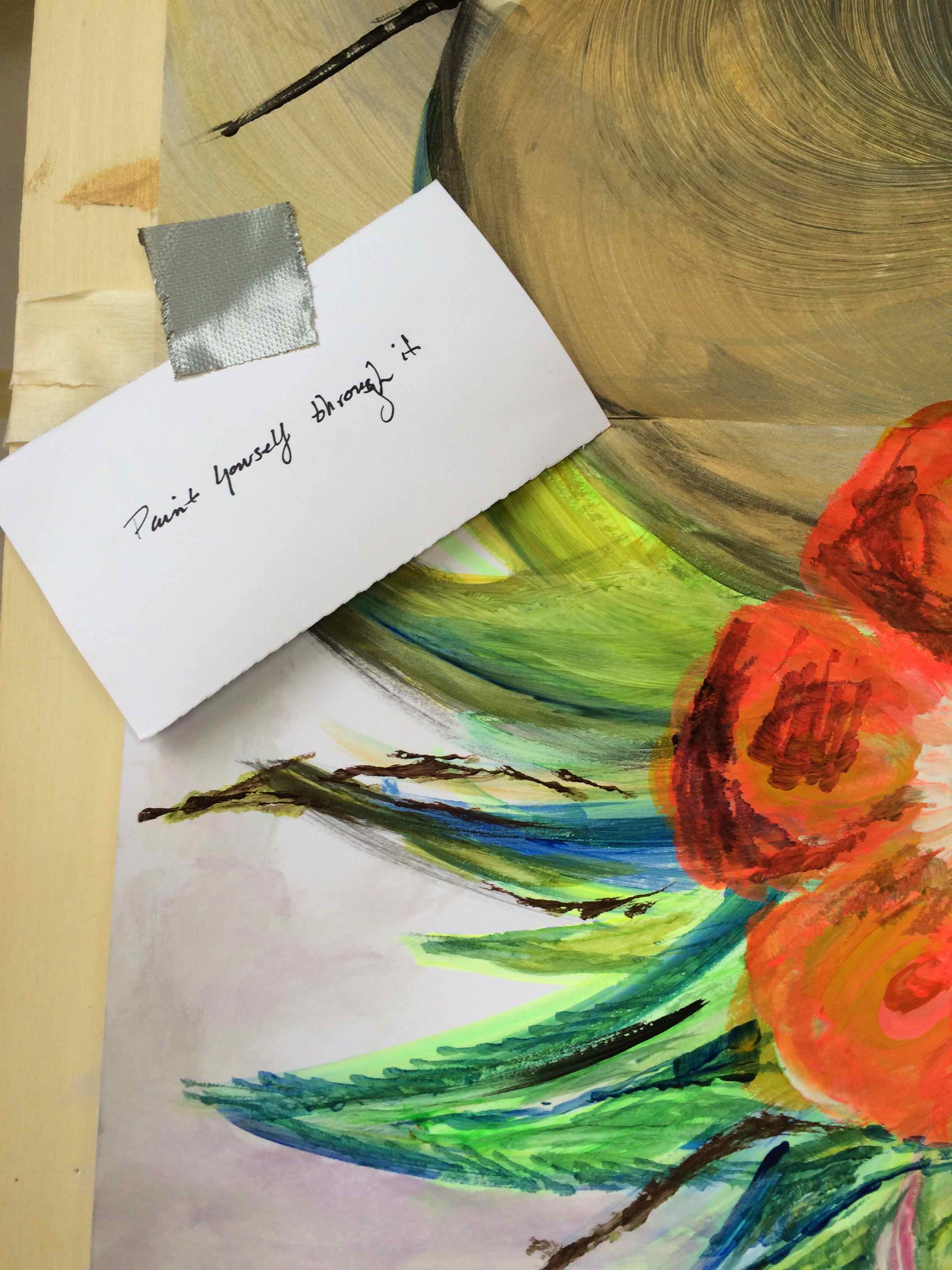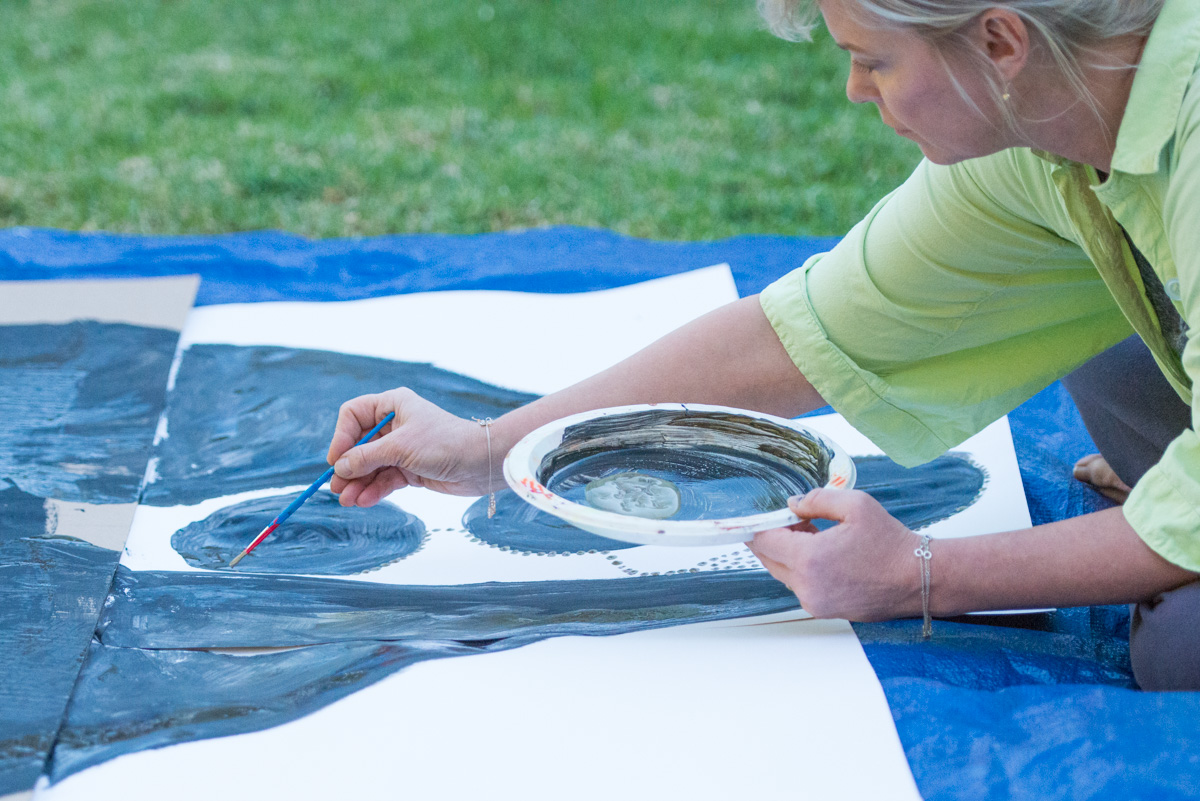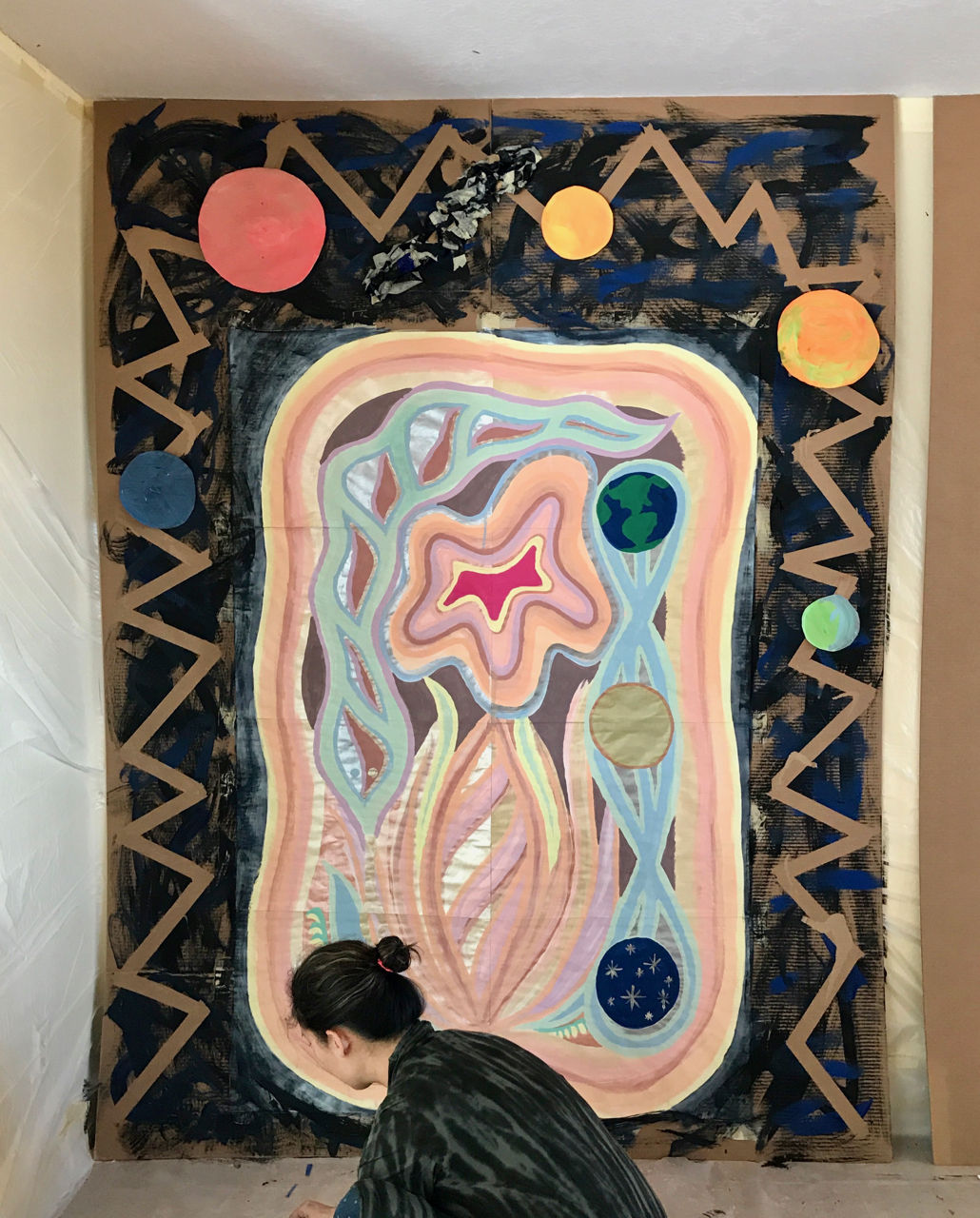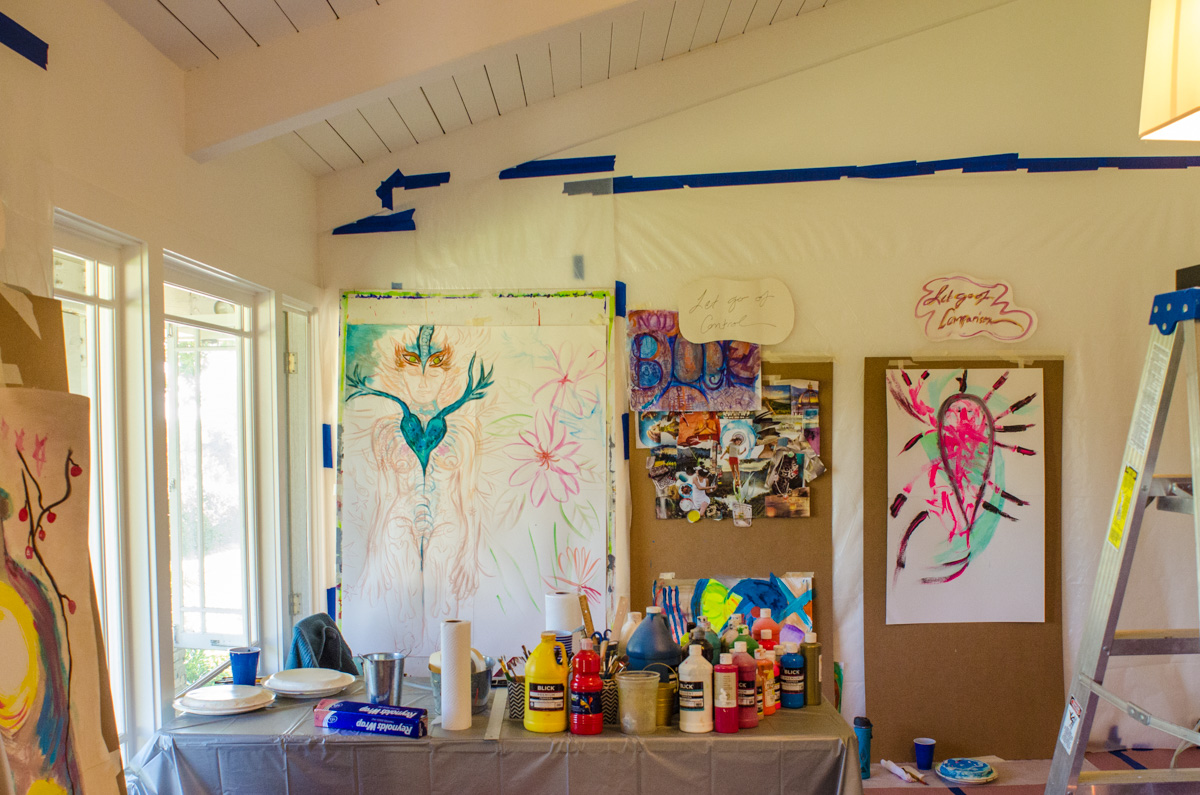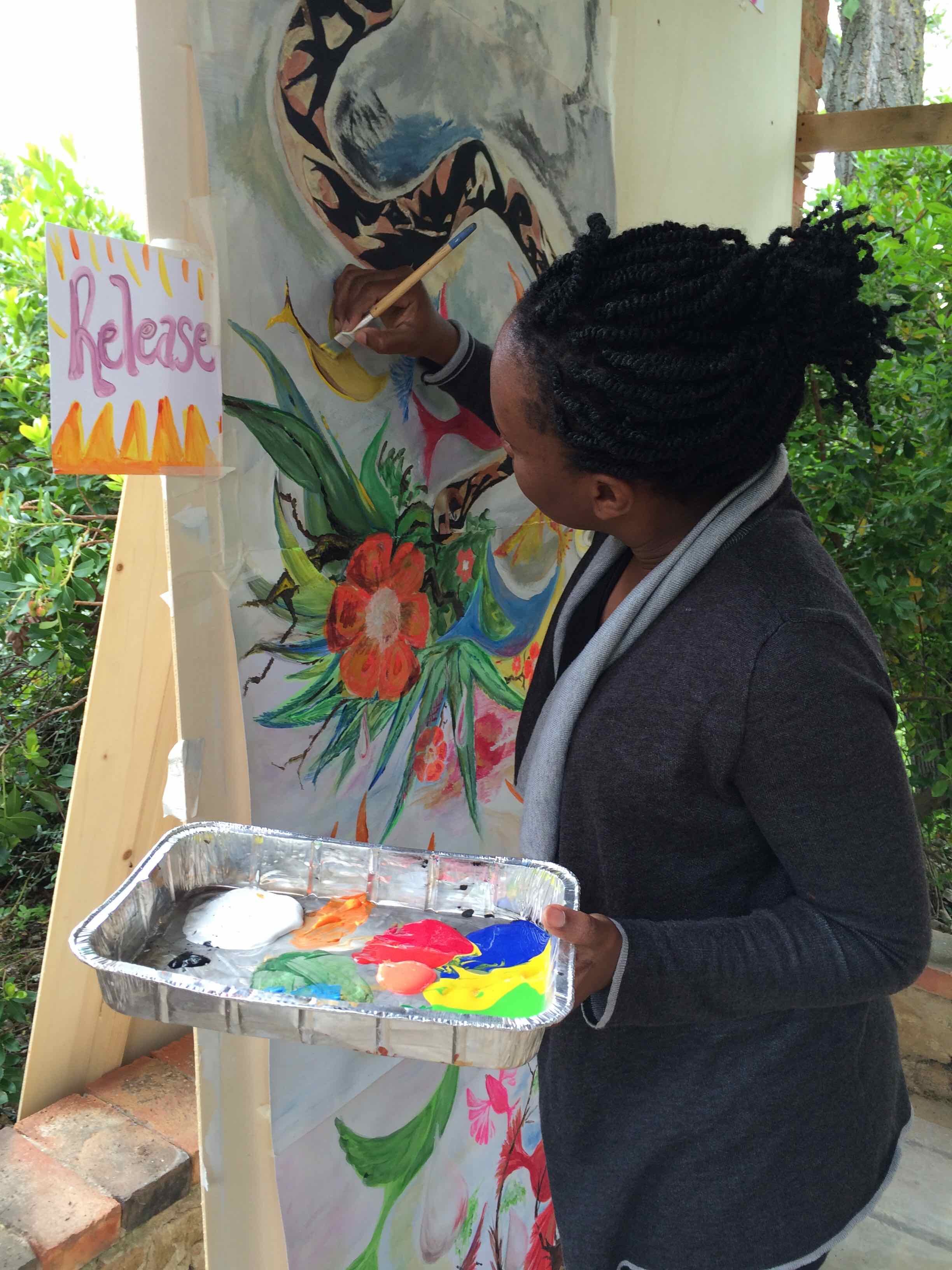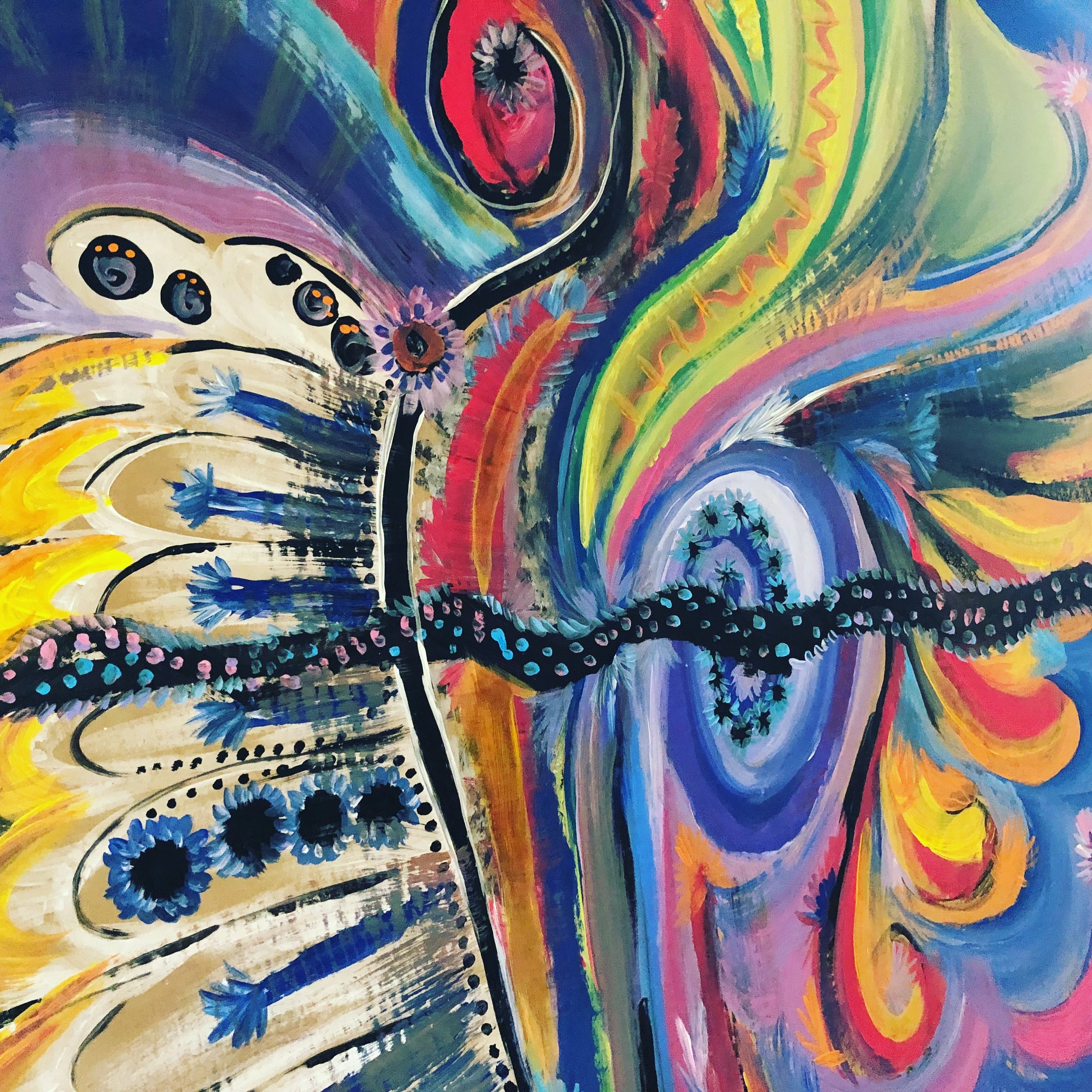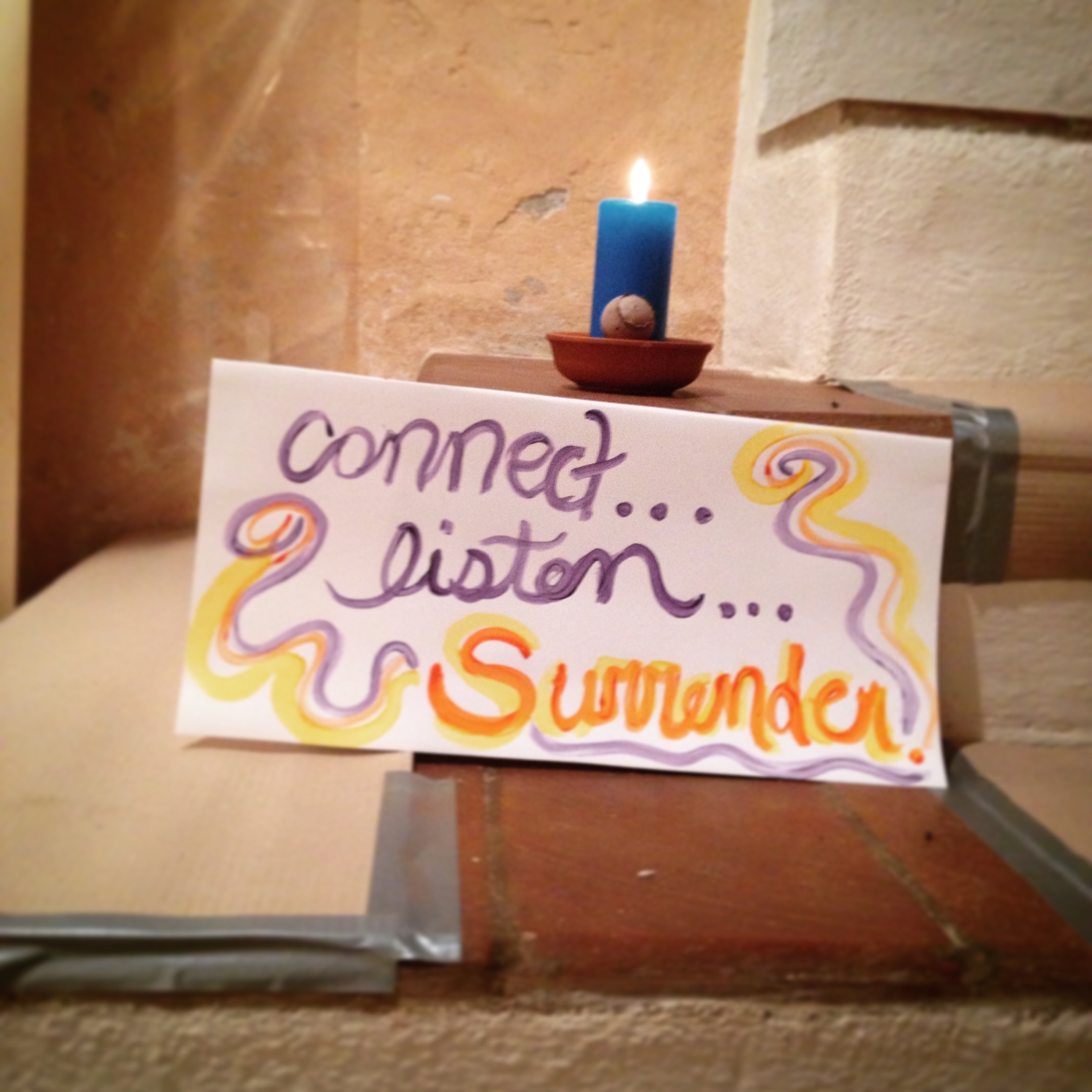Getting Your Space Ready!
Intuition Painting® Classes with Montine
I’m so glad you are taking this creative adventure into intuitive flow!
This page helps you prepare your studio space and gather any additional supplies you’ll need in advance of the course, since painting begins in the first session.
Where You Paint:
There is not one "right way" to create your space. However, you will want the following elements to gain the full benefits:
Good lighting
Complete privacy
An unobstructed area to stand and paint
The basic supplies listed below
Basic Supplies Needed:
1) Paints
NOTE: DO NOT ORDER WASHABLE TEMPERA PAINT FOR THIS CLASS.
Prang Ready-to-Use Tempera Paint
This 12-bottle set of opaque, tempera paint is ideal for our process. Tempera paints that have a creamy texture and strong opacity are easiest to apply and cover paintings. I prefer premium grade over student grade options. PLEASE avoid using washable tempera paints.
Outside of the US, I prefer these brands: Prang, Scola, or Giotto.
NOTE: If you cannot obtain tempera paints, acrylic paints are a close substitute. The biggest difference is that you cannot manipulate acrylic paint once it has dried, whereas dried tempera paints can be reactivated with water.
2) Paintbrushes
Royal and Langnickel 12-Piece Brush Set in Vinyl Pouch
You will need a few different sizes of brushes, all with a springy tip that bounces back well and mostly round so the paint flows well. Watercolor brushes work well with tempera paints. A nice set could include 3 sizes of round brushes: tiny (0-2), medium brush (6-8), and large brush (10-12), a large house paint brush and a mop brush, plus a small flat brush (4-6), and a large Filbert (12).
3) Paper Options
Belle Vous White A2 Watercolour Paper (50 Sheets) 200 GSM Cold Press (UK/Europe)
This large, heavy-weight paper comes in a pad for smooth edges and will be enough paper for several paintings.
4) Palettes
Set of 2 compartmentalized plastic palettes
The palettes linked above are great and they come as a pair. Many items can serve as a palette so long as they are white or clear and have no texture where the paints will be mixed. Some examples are plastic plates, glass or ceramic plates, and pie tins.
5) Easel
Standing while painting is preferable. Your painting may grow, so the confined area of a "regular" easel is not recommended. Find a wide, tall, smooth surface where you can attach your painting. Below are a number of options:
A blank wall covered with plastic sheets taped up (10x25’ 6mil Plastic Roll)
8’x4’ piece of plywood or foam board (Available at Home Depot or Lowe’s)
Large cardboard sheets or flattened delivery boxes taped to the wall
Sliding glass doors, shower walls, the side of a refrigerator
6’ plastic folding table leaned against a wall
6) Studio Items
Wide tape for hanging and taping pages together. Scotch Masking tape.
Good lighting (both for your painting and yourself on camera)
Old sheets or drop cloths as needed
Table to hold supplies
Jar of clean water
Rags or paper towels
Scissors
Blow dryer (optional)
Optional Items:
More Paint Colors!
Sealant
Once you have completed your painting, you may want to protect it and make it waterproof. This product can be brushed on slowing and carefully in one layer front and back, then repeat for a second layer when fully dry:
